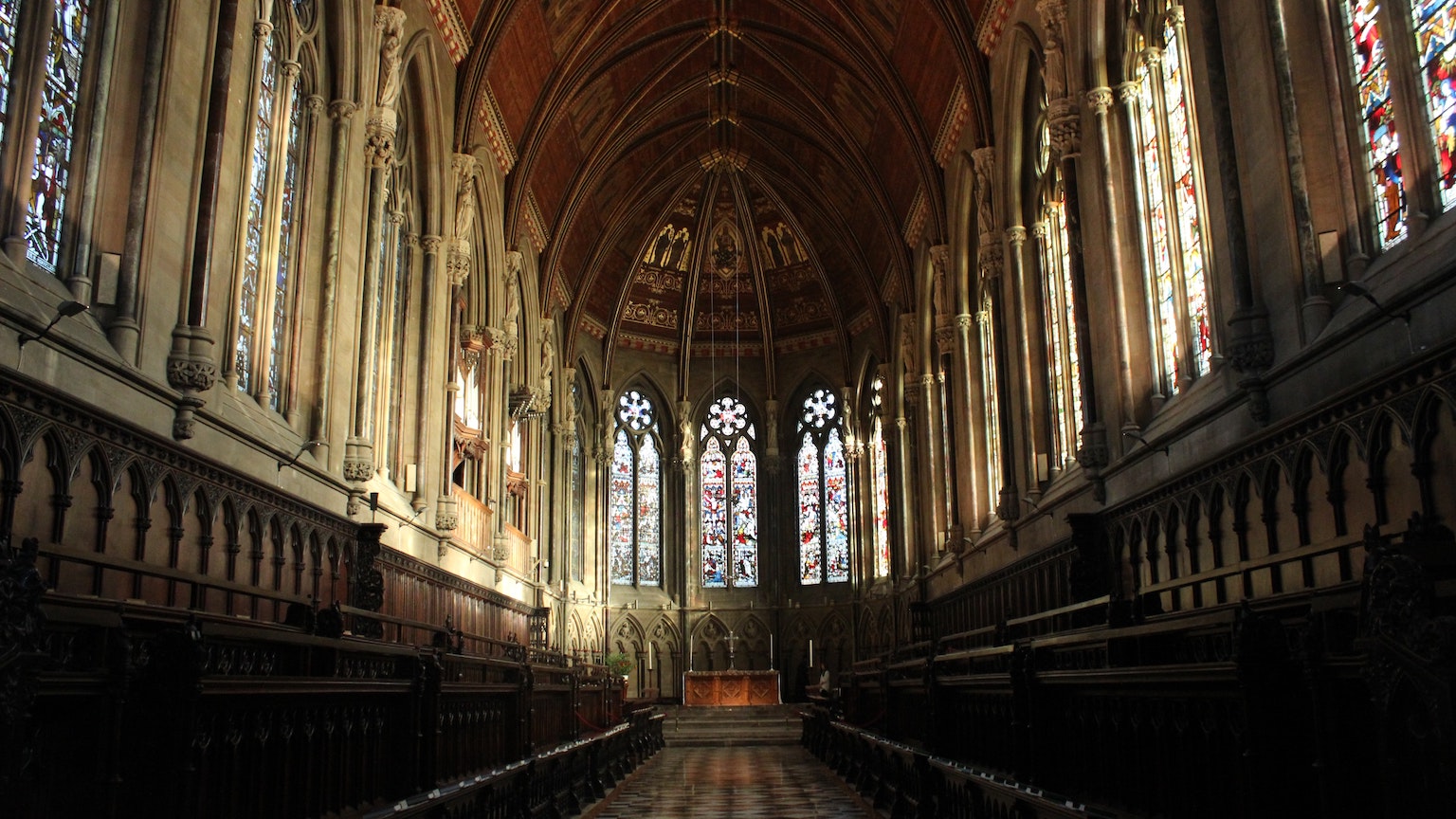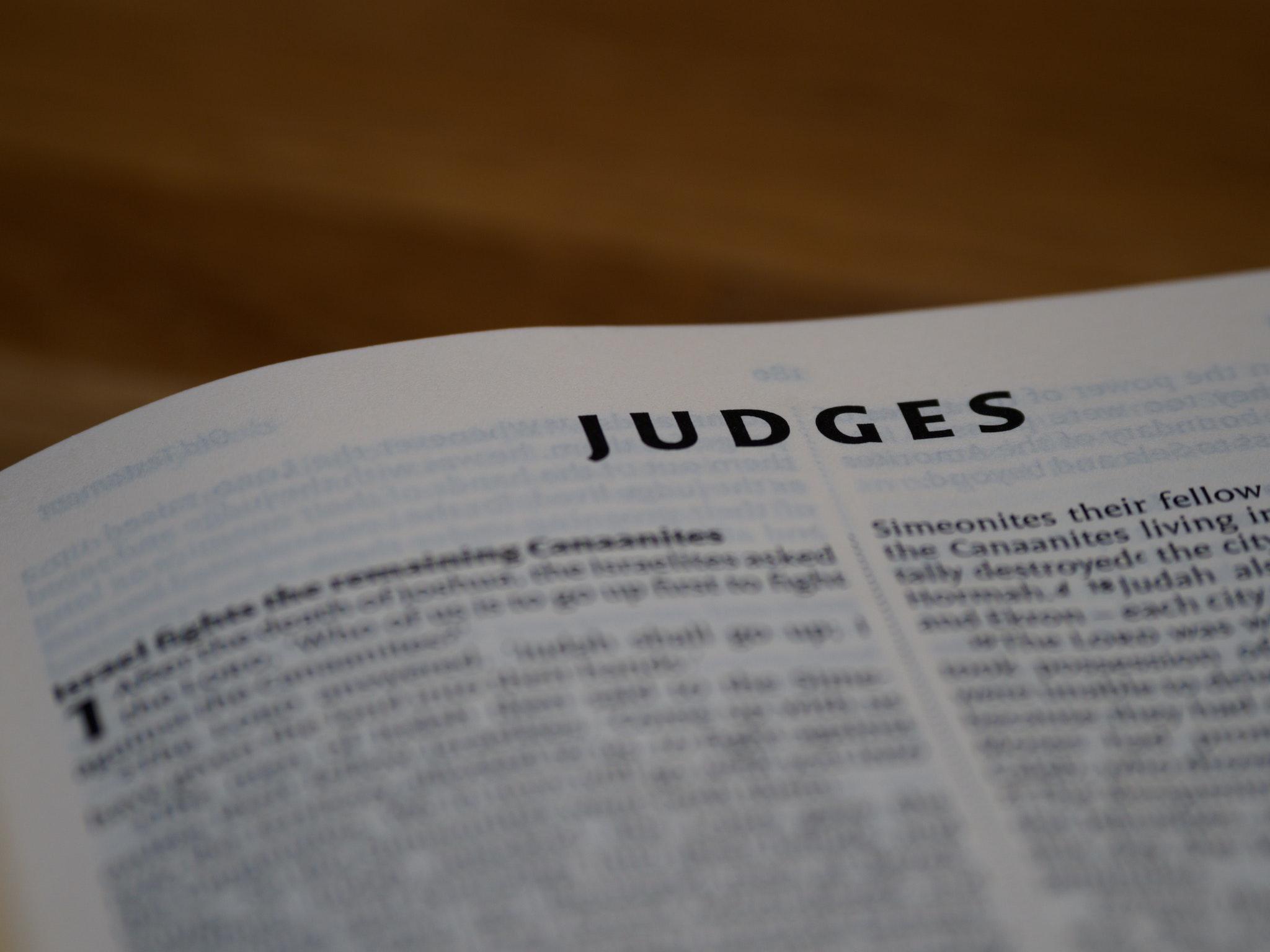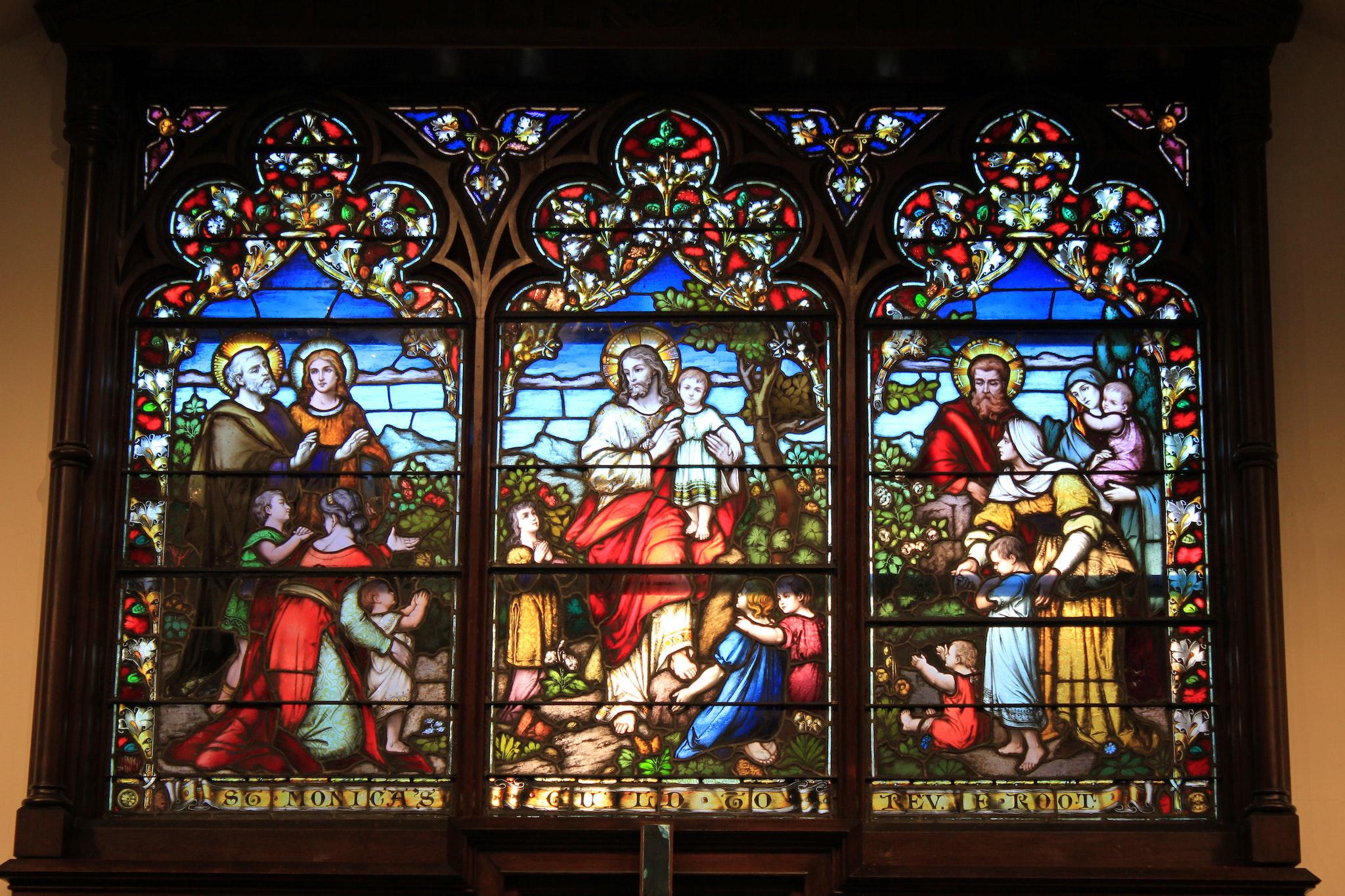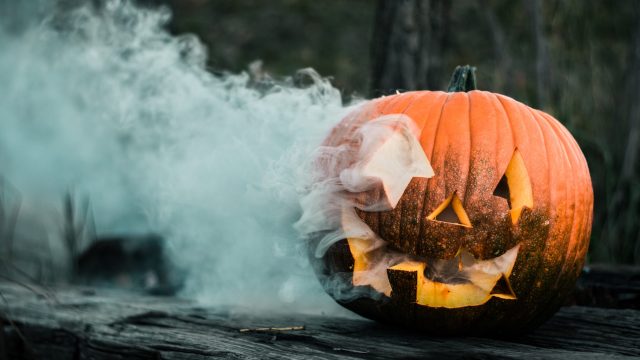Is nothing sacred? How Durkheim defines the things that matter

- Émile Durkheim believed that society is underpinned by the religious principle that some things are “sacred” and some things are “profane.”
- The sacred is anything that we set apart from the world and which does not have an exchange value. They are the totems, rites, and taboos that we honor above all else.
- In a secular political age, what we determine as sacred falls to us. It is up to each new generation to either reconfirm or throw out the sacred.
How much would you sell your mother for? Go on, set a price, and we’ll negotiate from there. Or, how much would it take for you never to see or hear from your friends again? I reckon that will be cheaper. Or what about your dignity?
For most people, there are certain things in life that just cannot be given a price tag. There are things in our life that we set apart from the rest of the hum-drum world to be elevated to a special status. These are the objects that we value as the highest goods in the world, ones which cannot be replaced or exchanged. They are sacred.
The question is: Do we even care about the sacred anymore?
Durkheim on the sacred and the profane
Those things that we cordon off as being valuable beyond anything were of great concern to the French sociologist Émile Durkheim, and he labelled them “the sacred.”
According to Durkheim, it is religion that forms the foundation of all the multifarious societies we live in. This is not to say we need any particular religious content — like imams, pagodas, sages, or archbishops, and so on. Instead, from a sociological and historical perspective, it is religion that has given us a principle, that of the sacred and the profane. It is the idea that some things have such an intrinsic value that they are removed from all the other material things in life. There are “beliefs and practices that are… set apart and forbidden.” Things that religion calls sacred are ringfenced from both space and time; they are abstracted from the everyday world to become idols, of a sort, or a “sacred space”.
The sacred, then, are those things we say transcend everyday existence, which is called “the profane.” They are then seen as either being themselves divine or reflecting an element of the divine.
This might be seen in certain rites (such as the sacraments in Christianity), various totems (like a bodhisattva statue for Buddhists), or in a taboo (like gambling in Islam). Even the earliest and most primitive forms of religious worship we know of, burial rituals, represent a division of this kind. A corpse is not a “profane” carcass; it is imbued as sacred and is revered and respected.
Secular and sacred
But this delineation of the sacred and profane did not go away with secularism. In fact, Durkheim believed that as the more overtly religious aspects of the sacred became diluted, then we would replace them with human achievements and human nature. If we don’t have a god, we make humanity sacred (in what we would likely call humanism). It is as if there is an inherent need to have sacred spaces and objects. If religions no longer fulfill that role, we find substitutes elsewhere.
Looking at the sacred/profane distinction in sociological terms, we can see how every society has its sacred items. We have secular totems, like the U.S. flag (where flag-burning is also a great taboo). We have various rites, like in marriage or inauguration ceremonies. We have plenty of taboos, like swearing in front of children or speaking ill of the dead.
It falls to the people within a society to determine just what things they will deem to be sacred and what constitutes the “fair game” of the profane. And each generation must renew the vows or reconfirm the decisions of the previous.
Is nothing sacred?!
Are freedom and democracy sacred? Among Americans today, promoting democracy abroad is way down on their priority list. The think tank Freedom House has written that “2019 was the 14th consecutive year of decline in global freedom”.
What about our sacred rituals? Let’s consider marriage. Marriage rates in the US are down by nearly 10 percent over the last quarter of a century. And, while the majority of people do still get married, there are 10 percent more remarriages (second or third marriages) compared to the 1960s. The question is: Do we still, as a society, want to revere marriage as a sacred institution, or would we rather reduce it to being simply a profane, expensive party?
And what of our taboos? Research in the UK shows that people are swearing much more often today, with “Generation Z” (those born after 1996) about four times more likely to swear than those aged 50+. In the USA, a 2016 study wrote, “74 percent of Americans think manners and behavior have deteriorated in the United States over the past several decades.”
As a society, we decide our totems, rites, and taboos. They aren’t things that make it into politicians’ manifestos, but they are things that we all, collectively, have to reaffirm, reinforce, and recommit to. What is sacred to you?
Jonny Thomson teaches philosophy in Oxford. He runs a popular Instagram account called Mini Philosophy (@philosophyminis). His first book is Mini Philosophy: A Small Book of Big Ideas.





